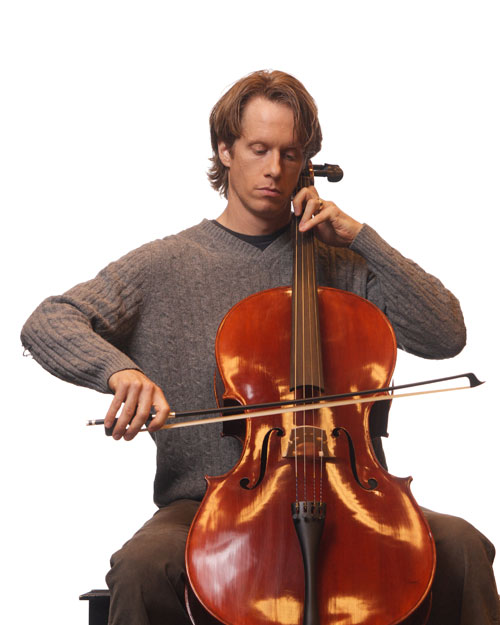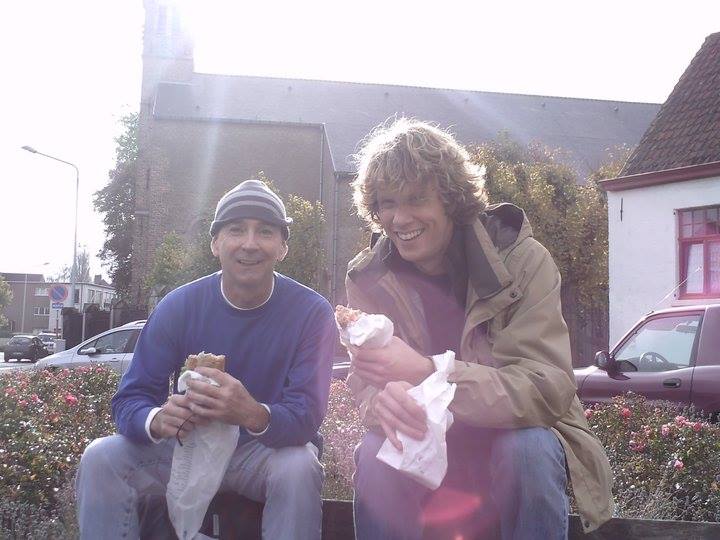2012. Actors Theatre. Opus.

Here is David’s blog entry on learning how to realistically bow a cello for his role as a member of a string ensemble.
During my day off I took the opportunity to watch the movie Copying Beethoven. I was curious how a modern actor, director and writer would flesh out a historical figure we can also feel through the music he left us.
At first when I saw that Ed Harris was playing Beethoven, I admit skepticism. I have images of John Glen in The Right Stuff imprinted on my brain. However Mr. Harris’ performance mesmerized me.
The movie was set in Beethoven’s late period when he was writing his Ninth Symphony and his late string quartets including the Grosse Fuge, Opus 130, and his fourteenth quartet, Opus 131.
In OPUS we play segments from both of these quartets. It was fascinating to see what Stephen Rivele and Christopher Wilkinson, the writers, interpreted as Beethoven’s ideas about these works. Here are two quotes I found poignant:
Of the Grosse Fuge: “Of course it is ugly, but is it beautiful. It is meant to challenge your sense of beauty. I’m opening up music to the ugly, to the visceral. How else can you get to the divine except through the guts of man. [The gut] is where God lives not in the head. Not even in the soul. But in the guts, because this is where the people feel it.”
Of the Opus 131: “When does the movement end? It doesn’t end, you must stop thinking of beginning and ending. This is not a bridge…it is a living thing, like clouds taking shape, or tide shifting. [But musically how does it work?] It doesn’t work; it grows. You see the first movement becomes the second, as each idea dies a new one is born. In your work you are obsessed with structure or choosing the correct form. You have to listen to the voice speaking inside of you. I didn’t hear it myself until I went deaf…. The silence is the key: the silence between the notes. When that silence envelops you then you then your soul can sing.”
The ideas of the visceral and silence resonate very strongly in OPUS. In fact, there are four different types of silence written into the script for the actors to observe almost like rests in a score of music: Beat (shortest), Pause, Long Pause and Silence (longest). Mr. Hollinger, our playwright, accentuates every scene with each of these silences. But perhaps more importantly, the writers were getting to the point that an artist has to shut out the daily noise to listen to inspiration. This is a theme we’ve been working on from day one in rehearsals. Robbie Harper, our director, pointed out on day one that this play is about life getting in the way of our art. Our challenge as actors and musicians in the play is to get through that noise, deal with it and still arrive at our Opus. In that fight we find the visceral as well, exploring the guts and grit of the creative process.
As for the movie, the passion portrayed moved me…music as life and death. And, yes, I cried. Twice.

